Learning Python. 2nd Edition Mark Lutz, David Ascher
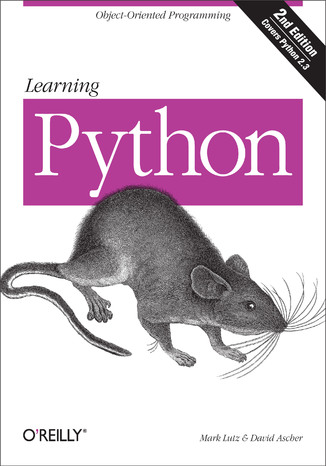



- Autorzy:
- Mark Lutz, David Ascher
- Wydawnictwo:
- O'Reilly Media
- Ocena:
- Stron:
- 624
- Dostępne formaty:
-
ePubMobi
Opis
książki
:
Learning Python. 2nd Edition
Portable, powerful, and a breeze to use, Python is the popular open source object-oriented programming language used for both standalone programs and scripting applications. Python is considered easy to learn, but there's no quicker way to mastery of the language than learning from an expert teacher. This edition of Learning Python puts you in the hands of two expert teachers, Mark Lutz and David Ascher, whose friendly, well-structured prose has guided many a programmer to proficiency with the language.
Learning Python, Second Edition, offers programmers a comprehensive learning tool for Python and object-oriented programming. Thoroughly updated for the numerous language and class presentation changes that have taken place since the release of the first edition in 1999, this guide introduces the basic elements of the latest release of Python 2.3 and covers new features, such as list comprehensions, nested scopes, and iterators/generators.
Beyond language features, this edition of Learning Python also includes new context for less-experienced programmers, including fresh overviews of object-oriented programming and dynamic typing, new discussions of program launch and configuration options, new coverage of documentation sources, and more. There are also new use cases throughout to make the application of language features more concrete.
The first part of Learning Python gives programmers all the information they'll need to understand and construct programs in the Python language, including types, operators, statements, classes, functions, modules and exceptions. The authors then present more advanced material, showing how Python performs common tasks by offering real applications and the libraries available for those applications. Each chapter ends with a series of exercises that will test your Python skills and measure your understanding.
Learning Python, Second Edition is a self-paced book that allows readers to focus on the core Python language in depth. As you work through the book, you'll gain a deep and complete understanding of the Python language that will help you to understand the larger application-level examples that you'll encounter on your own. If you're interested in learning Python--and want to do so quickly and efficiently--then Learning Python, Second Edition is your best choice.
Wybrane bestsellery
Mark Lutz, David Ascher - pozostałe książki
O'Reilly Media - inne książki
Dzięki opcji "Druk na żądanie" do sprzedaży wracają tytuły Grupy Helion, które cieszyły sie dużym zainteresowaniem, a których nakład został wyprzedany.
Dla naszych Czytelników wydrukowaliśmy dodatkową pulę egzemplarzy w technice druku cyfrowego.
Co powinieneś wiedzieć o usłudze "Druk na żądanie":
- usługa obejmuje tylko widoczną poniżej listę tytułów, którą na bieżąco aktualizujemy;
- cena książki może być wyższa od początkowej ceny detalicznej, co jest spowodowane kosztami druku cyfrowego (wyższymi niż koszty tradycyjnego druku offsetowego). Obowiązująca cena jest zawsze podawana na stronie WWW książki;
- zawartość książki wraz z dodatkami (płyta CD, DVD) odpowiada jej pierwotnemu wydaniu i jest w pełni komplementarna;
- usługa nie obejmuje książek w kolorze.
Masz pytanie o konkretny tytuł? Napisz do nas: sklep@helion.pl
Książka drukowana




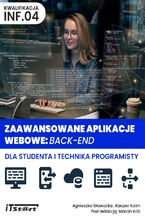
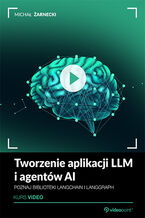
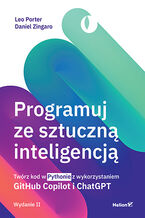

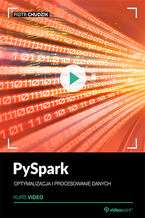




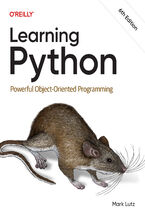

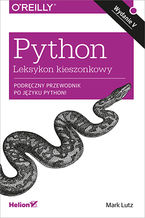
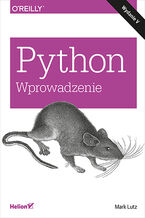
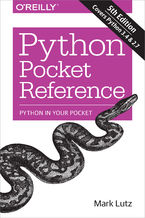
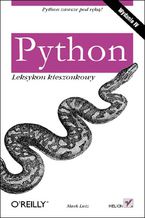
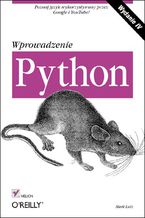
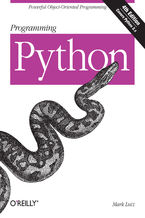





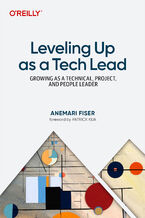
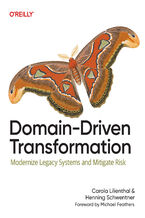
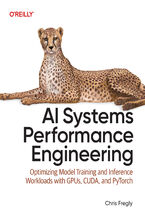

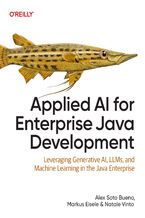
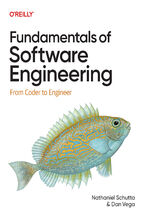
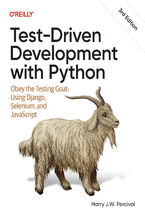
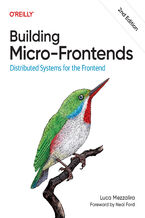
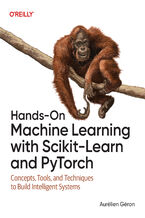
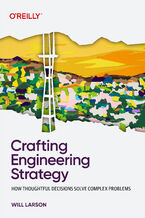



Oceny i opinie klientów: Learning Python. 2nd Edition Mark Lutz, David Ascher
(0)